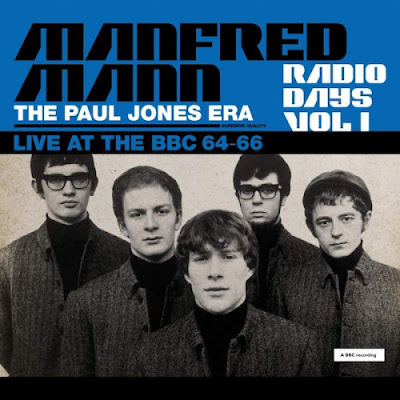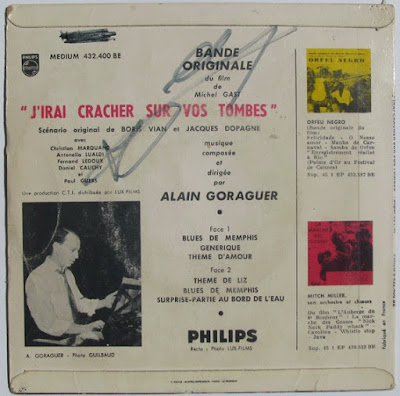Tosh’s Top Vinyl:
Sparks - “Gratuitous Sax & Seseless Violins” (BMG) 2019 reissue
Mortimer - “Mortimer” (Philips) 1968
Kenny Graham and his Satellites - “Moondog and Suncat (Trunk Records) 2010 reissue
Twice as Much - “Own Up” (Outline Records) 1982 reissue
Mark Hollis - “Mark Hollis” (Universal) 2011, Reissue
The Graham Bond Organization - “The Sound of 65” b/w “There’s A Bond Between Us” (Edsel Records) Reissue, 1988
Extended Organ - “Vibe” (Important Records) 2019
Henry Cowell - “The Piano Music of Henry Cowell” (Folkways Records) 1963
Talk Talk - “Spirit of Eden” (Parlophone) Reissue, 2012
Manfred Mann - “Soul of Mann (Instrumentals) - (Umbrella) 2018
David Bowie - “Mercury Demos” (Parlophone) 2019
The Soft Machine “Jet-Propelled Photographs” (Replay) Reissue, 2018
Daevid Allen - “Banana Moon” (Get Back) Reissue, 1999
Giles, Giles and Fripp - “The Cheerful Insanity of Giles, Giles and Fripp” (Cherry Red)
Reissue, 2013
Lesley Gore - “Boys, Boys, Boys” (Mercury) 1964
Annette Peacock - “I’m The One” (Future Days Recordings) Reissue, 2016
Jean-Pierre Melville - “Bandes Originales 1956-1963” (Jeanne Dielman) 2018
Matthew Edwards and The Unfortunates - “The Birmingham Poets” (December Square) 2019





































